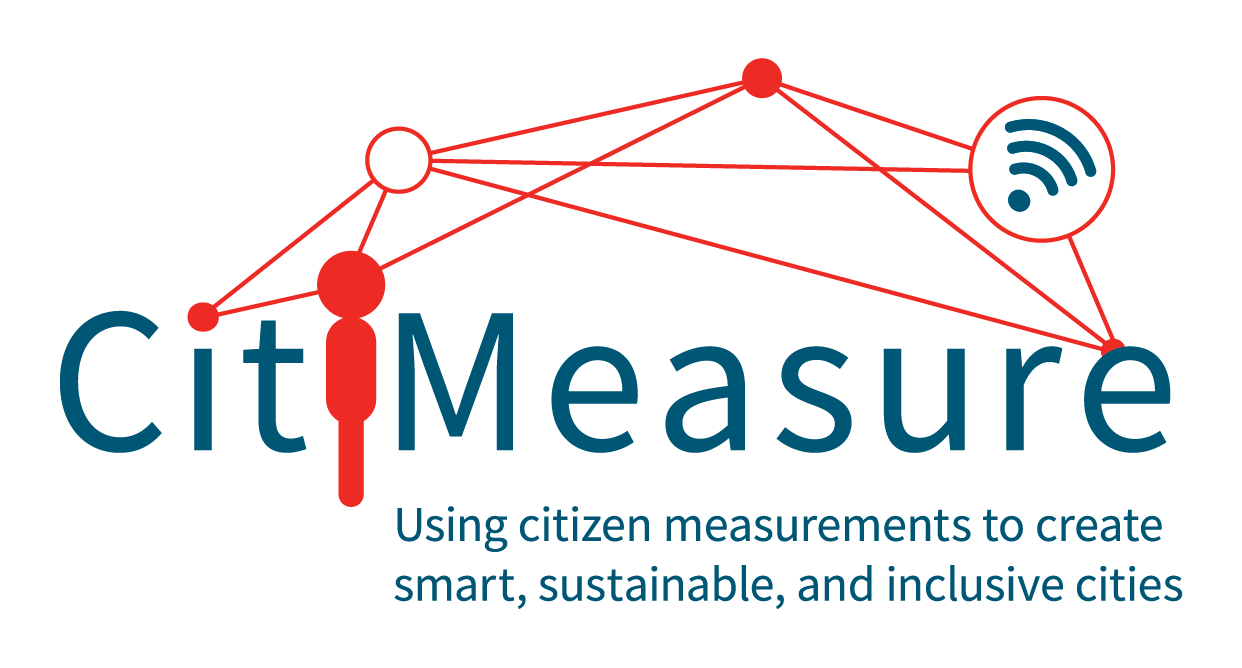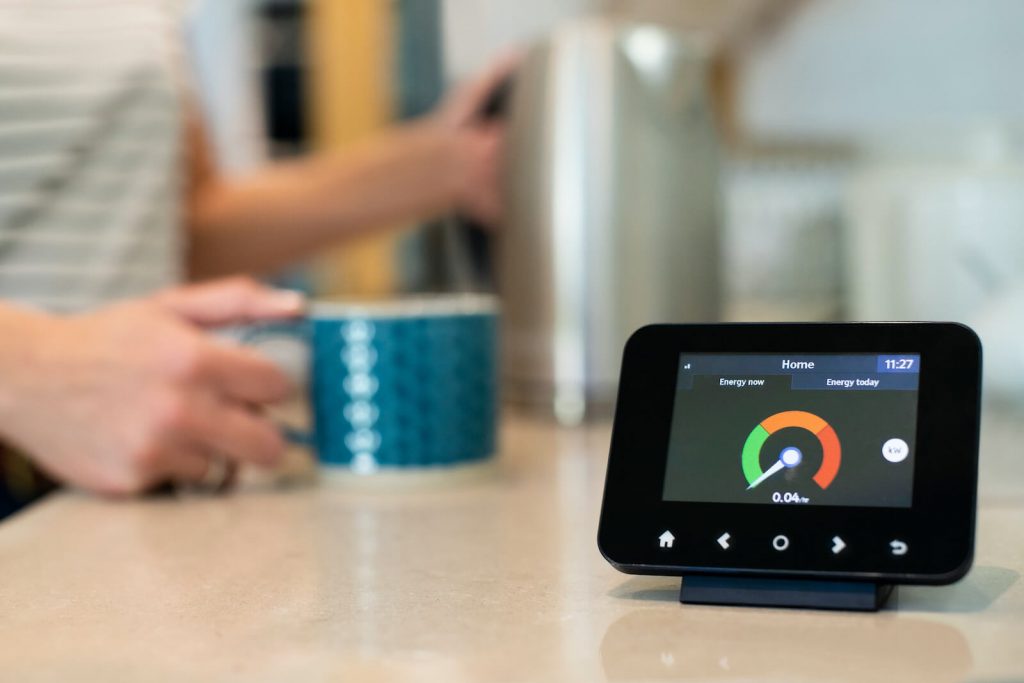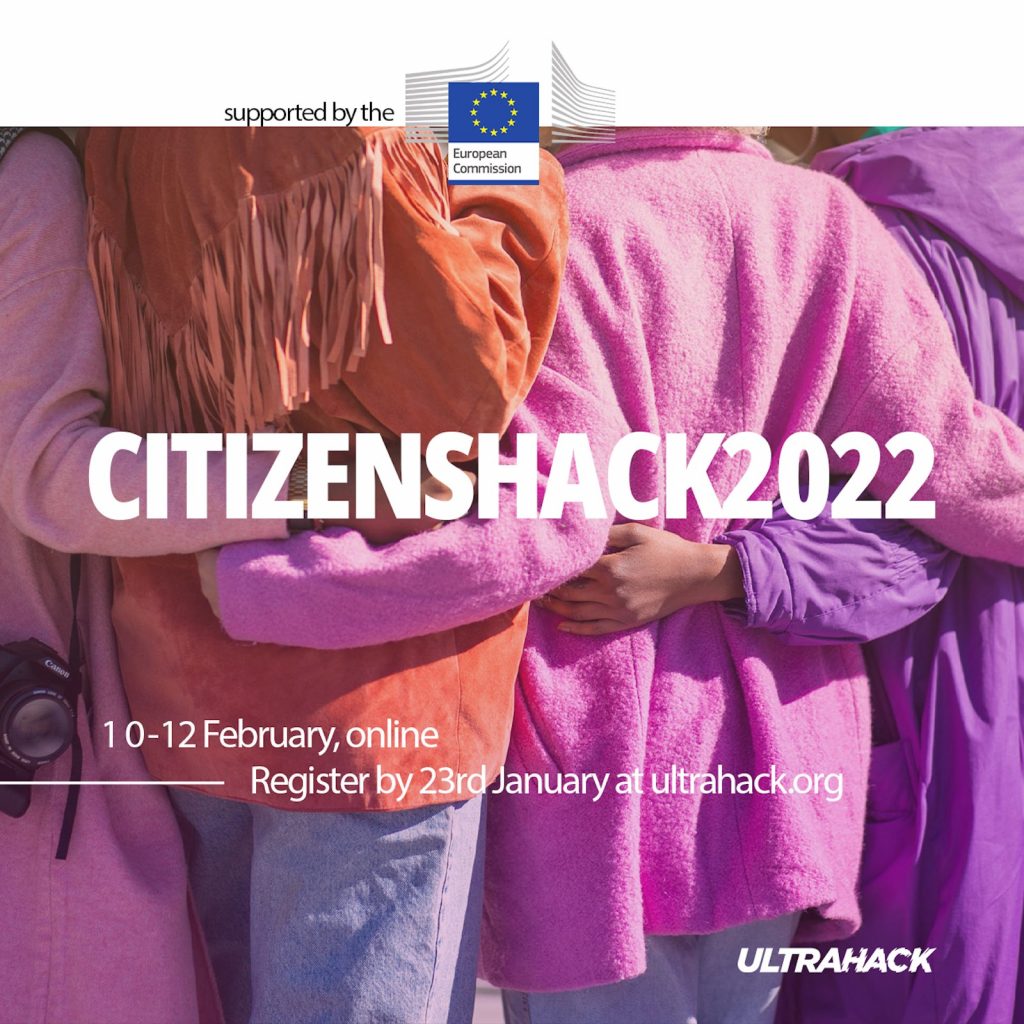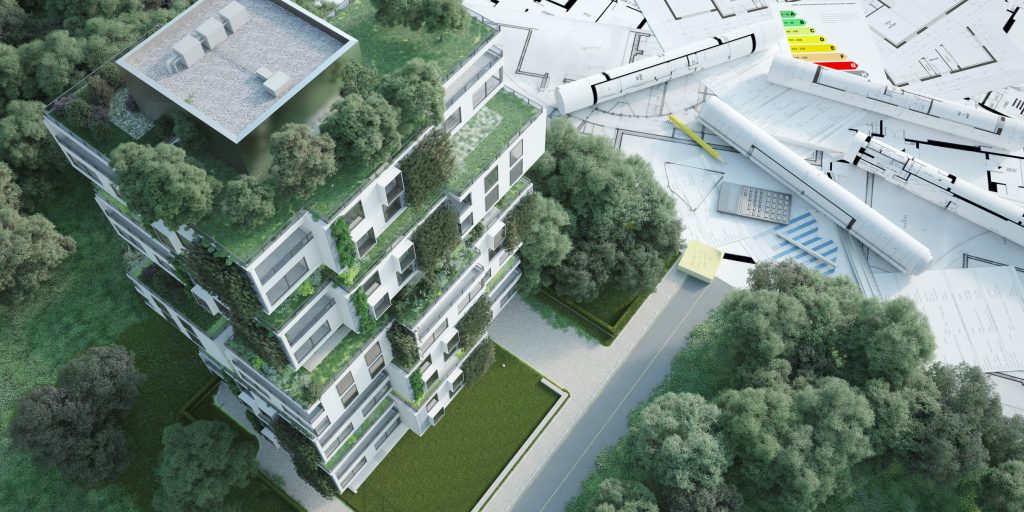Michael Lažan, the founder of Senzorvzduchu, z.s. started his adventure with citizen science in 2019. After some experience in the education system, where he worked with big data preparing the state exams for high school students, Lažan was inspired by Germany and Poland’s collaboration around air quality sensors.
So, he decided to get involved and bring the Sensor Community to the Czech Republic, founding Senzorvzduchu.
What does Senzorvzduchu, z.s. do?
Our NGO aims to spread information about citizen measurements. We use sensors you can build by yourself and use to measure particulate matter (PM) levels in the air. We run community-building sessions with the sensors, and recently we started the Sensor2School initiative.
Sensor2School is the project that will help test CitiMeasure’s digital inclusion instrument. Can you explain what the project is?

We will go to different schools and give them some notions about air quality. Then the students can build the sensors and place them on school grounds.
Each sensor will have a QR code the students can scan to instantly see the temperature, humidity pressure, and of course, the PM 2.5 and PM 10 in the air. So far, around ten schools have joined the initiative, and we hope to make them ambassadors. The students who have already participated in the project will perform the lectures in the next schools. So, it’s students teaching students.
How will it help test digital inclusion?
We want to measure the impact of this project through surveys. We planned two rounds of surveys. The first one is taken before the students set up the sensors, and the second survey after three or four months to evaluate the project’s impact. We are going to pilot the use of the CitiMeasure Guidelines on Competencies for Digital Inclusion to inform the survey design and analysis. Through our pilot, we hope to gain a better understanding of how participating schools can change how they perceive the topic of air quality.
What challenges are you facing?
We want to reach out to city officials to explain that this is something they should want. In the Czech Republic, there aren’t many citizens-led initiatives around air quality, and officials aren’t confident they would be successful. So, we want to write guidelines for future endeavours to share our knowledge in approaching the city.
We are also facing difficulties in accessing data sets in the Czech Republic. Historical data sets are unavailable to citizens, so we often cannot do proper modelling.
Do you also feel the data you have is difficult to compare?
We are not there yet. We need to have free access to the data first. However, I think data comparability can be tackled by better connecting citizens with the scientific community.
Do you feel that CitiMeasure has helped your work? How has it changed it?
It helped define some priorities and think about citizen science differently. The feedback from colleagues working on this project in Europe brought new insights.
Other participants in CitiMeasure raised some inequality questions, which is not a very common topic in the Czech Republic, and I thought we should push it here too. Our project, Sensor2School, makes the subject accessible to a wide range of social classes. The aim is to allow kids from lower-income groups to get involved too. So far, they have not been part of this kind of initiative in the Czech Republic.
What are your wishes for the future in CitiMeasure?
I hope to push forward our project, Sensor2School and show people that citizens can also make science. I wish more initiatives like this would be created so we can show their potential.




